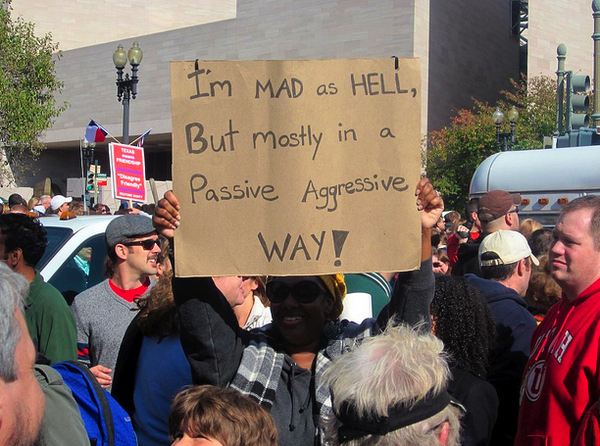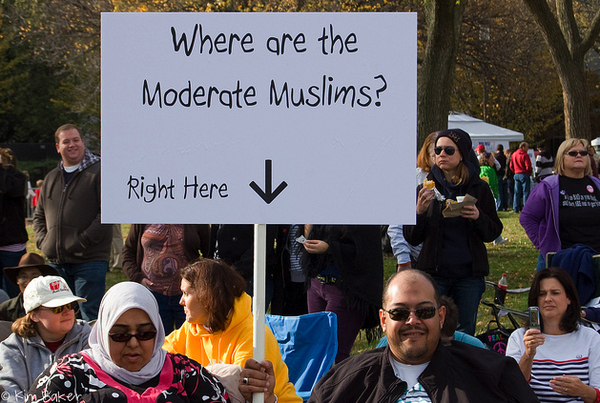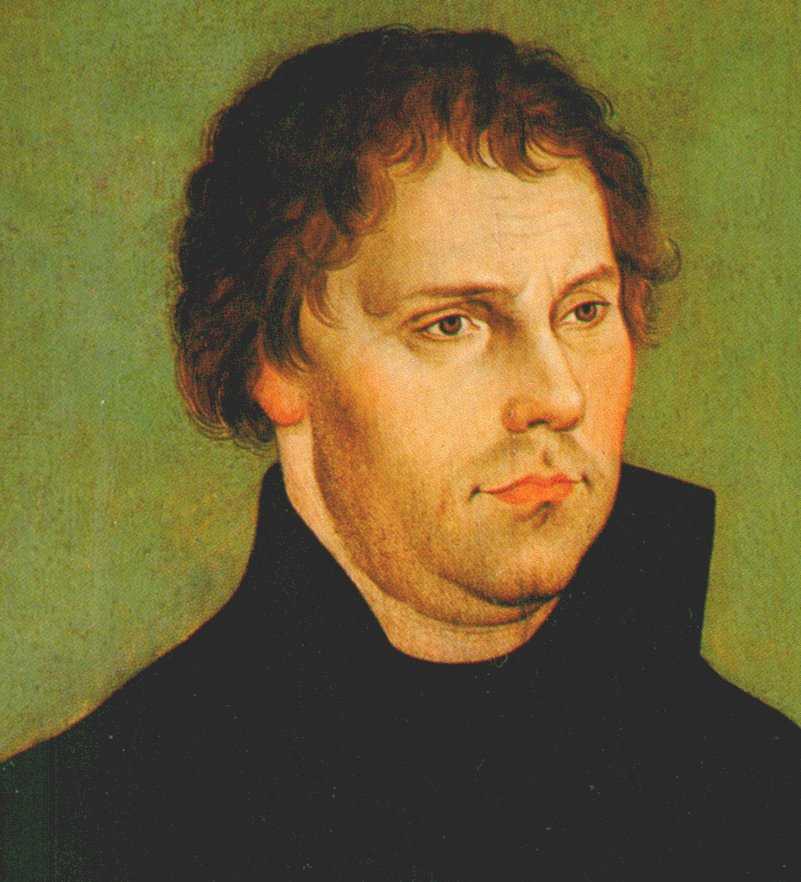Daily Archives: October 31, 2010
An Email from Neil ten Kortenaar
Dear Michael Happy,
You may have heard the good news: the Centre for Comparative Literature at the University of Toronto will survive. The great outpouring of international support for the Centre in the form of letters and signatures to the on-line petition made the administration think again about their plans to cut the Centre’s degree programs. The Administration has also stepped back from its decision to fold the languages and literature departments into a single School of Languages and Literatures. German, Spanish and Portuguese, Slavic, Italian, and East Asian Studies will all retain their status as independent departments.
There is not only relief but excitement. One good thing that has come out of the otherwise regrettable crisis is a new spirit of collaboration among the languages and literatures at Toronto. The Centre for Comparative Literature will develop closer links to Victoria College (the part of the university where Northrop Frye had his academic home|) and to the undergraduate program in Literary Studies housed there. This is all to the good.
I would like to thank you and all the many contributors to the Frye blog for all the support and coverage you have given us through the crisis. Know that it all worked.
Thank you again.
Best wishes,
Neil ten Kortenaar, Director, Centre for Comparative Literature, University of Toronto
Martin Luther’s Ninety-Five Theses
On this date in 1517 Martin Luther posted his Ninety-Five Theses on his church door in Wittenberg, beginning the Protestant Reformation in Europe.
Frye in his student essay, “Gains and Losses in the Reformation”:
[Protestantism’s] record, particularly that of the Calvinist branches, is not snow white in this respect, but any rational comparison between Protestant rule in England under Elizabeth or even Edward and Catholic rule under Mary, or between the treatment of Catholic minorities in Scotland and Protestant minorities in Spain, should establish the point. There is probably no more inherent cruelty in one tradition than the other, nor more sadism in Latins than in Nordics, but Protestant emphasis on the direct responsibility of the soul to God made heresy far less an outrage on society, and its punishment, consequently, less a venting of popular fury on its victims. The Catholic tradition of apostolic infallibility once denied, the enormity of the crime took on far less cosmic proportions. Another reason for the somewhat cleaner Protestant record is without doubt the influence of its intellectual and sensitive progenitors among the mystics and the humanists. Protestantism contains, at its finest, the refusal of a fine mind to be bullied by inferior interpreters of tradition. Erasmus is a great Protestant in this sense; so is Zwingli; and so is Luther when we admire him most. (CW 3, 266)



















